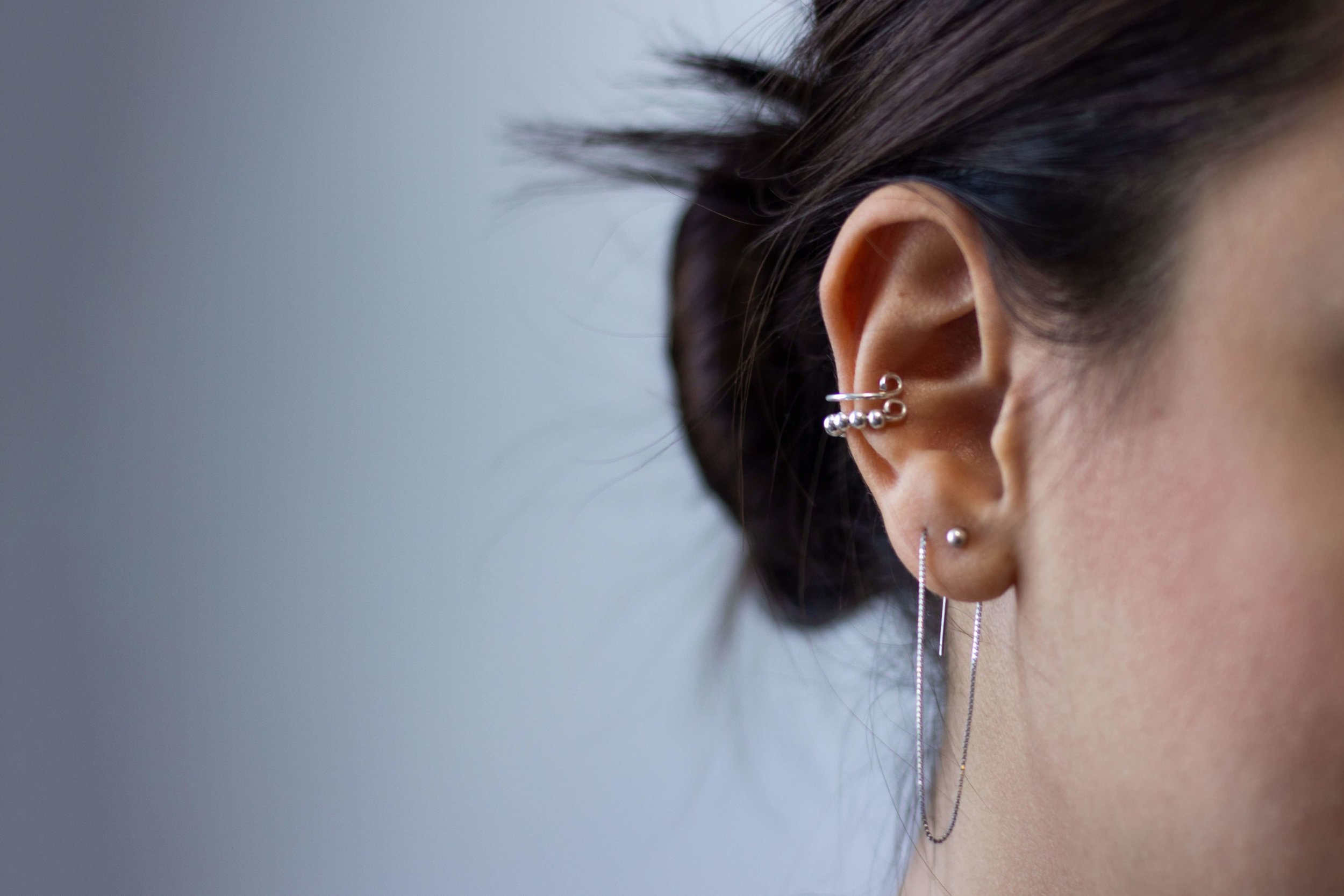Beauty Clinic: I need my ears piercing (again) – help!
Q. I want to get my ears re-pierced, as the existing holes are too low in my lobes. I have no idea where to go to get them done safely – the local tattoo parlour advertises piercing but I am not certain if that’s a good idea…
A. Like tattooing, any form of cosmetic piercing is basically unregulated in this country. The 2013 Keogh review of the regulation of cosmetic interventions highlighted that ‘A person having a non-surgical cosmetic intervention has no more protection and redress than someone buying a ballpoint pen or a toothbrush’.
The legal situation is explained in detail in Skins and Needles, a recent report by the Royal Society for Public Health, which you can download for free here. Legislation on ‘special procedures’, as they’re called, differs across the UK but you should be aware that while premises and practitioners should be registered and licensed with the local council, those measures carry little guarantee of safety and none of the practitioner’s qualifications. As the RSPH report states ‘Anyone can set themselves up as a practitioner with no requirements for knowledge, training or previous experience.’
Any procedure that involves piercing the skin carries a risk of infection and wound healing problems. According to a comprehensive review by dermatologist Dr. Stefanie Williams of the Eudelo clinic in London (eudelo.com), it’s been estimated that about one in five ear piercings get infected or never heal properly. (Fair to say that the RSPH estimate is considerably lower.) And there have been cases where people needed hospital treatment. Currently, only the Welsh licensing requirements include a mandatory infection control qualification for technicians.
It’s well worth downloading Dr. William’s Ear Piercing Report from her website, to read before you embark on the next stage. It has comprehensive sections on risks and on after care safety, both of which are vital to observe.
One thing to be aware of is nickel allergy, which is very common. If you are allergic to nickel and your ears are pierced with studs containing the metal, you may develop a chronic inflammation with itchiness and oozing. Dr Williams recommends a patch test for nickel allergy four days before the piercing. If you come up positive, make sure the starter studs are titanium and guaranteed nickel-free.
One thing all experts agree is that you should never try piercing your ears at home, despite the fact that kits are available online. Any form of cosmetic piercing should be performed in a sterile professional environment. It’s the same as you would expect for minor surgery, which you would usually have done at your GP or a healthcare clinic.
If you want to feel absolutely secure, the best bet is to go to a clinic where piercings are performed by a trained nurse or similar practitioner, under the supervision of a medical professional such as a doctor specialising in aesthetics or a dermatologist. Ask around locally and make sure to visit the premises for a consultation before you commit, or consider a clinic such as Eudelo.






